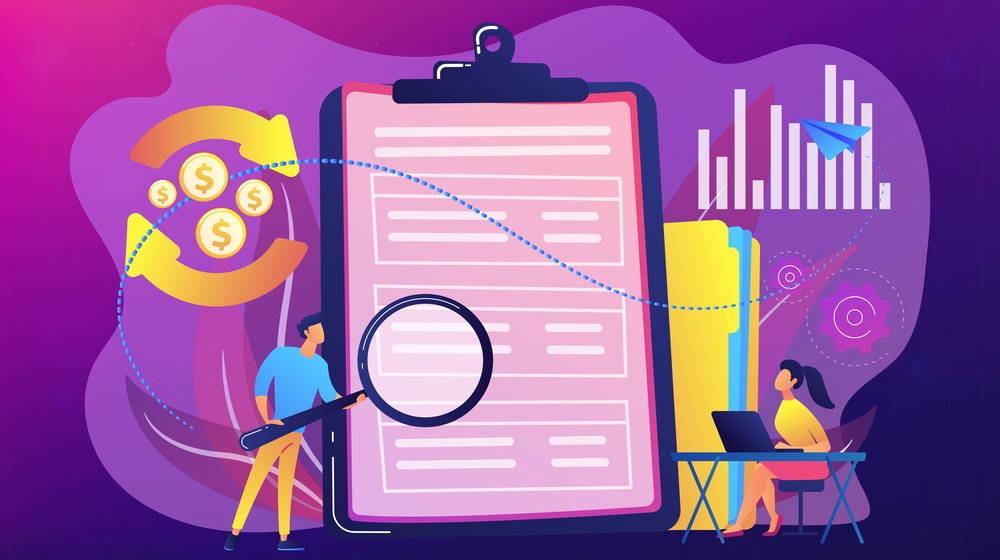Today’s small businesses can no longer debate the merits of implementing technology at their organization – the decision has been made for them. A suite of supporting software helps them grow and operate at a larger scale, in addition to streamlining current operations for efficiency. But, the decision on where to start can be daunting. Perhaps they’re not ready for a full CRM or simply don’t yet know what they need.
For small businesses in a state of uncertainty, consider the humble piece of invoicing software which, thanks to developments in automation and functionality, can handle a whole lot more of a company’s tasks than simply grabbing payments. Here’s more on what’s possible:
Brand Loyalty
On first blush, a piece of software that helps companies produce invoices feels less essential than one helping with the work itself. But don’t overlook what could be the bedrock of a business’s marketing. Invoicing software offers numerous customer touchpoints, during which companies can reinforce branding and messaging, or intervene in the process and provide service.
When companies are configuring their new piece of invoicing software, they should consider starting by building out the customer-facing portal. This is where customers can visit, on their own timeline, to handle outstanding payments or make adjustments to processes. Many invoice platforms offer low-code customization so non-developers might adjust the look and feel of the page, insert company graphics, and tweak messaging to be in line with how the company sounds elsewhere.
The same methodology should be applied to reminders. Within the software, companies and customers can set automatic pings to request overdue payments. When those alerts arrive unobtrusively and within a brand’s established brand, they serve as reminders of the brand’s existence as well as invite engagement with customers beyond payments.
Companies looking to escalate this tactic could invite customers into the system at the earliest stage—at times, even before they are officially customers. By allowing these potentials to enter their own information into the system and accept or reject quotes, companies offer them a bit of autonomy and customization that immediately sets them apart from other companies who might operate in a more rudimentary fashion.
Sustainable Growth
Organizational growth is built into the foundation of invoicing software. Small businesses require a wealth of data from which to improve, but gathering data can be tricky, especially if a newer company is starting from scratch.
Companies should consider using invoicing software to lay the groundwork for continuous data collection from both sides of the customer-vendor divide. The software certainly quantifies every part of the payment process, including how long it takes to settle invoices and what sorts of reminders are most effective.
But, companies need to remember that they can use the software internally, as well. Many software options include tracking for expenses and time spent on projects, which can then be translated into invoices and sent automatically. In fact, thanks to automation, the above processes can be executed seamlessly and instantly, ensuring customers receive prompt communications, then information about the exchange can be added to the collection of data to be visualized across an organization.
Small businesses of all stripes should, at least, experiment with automation to understand its future implications in the workplace, and invoicing software is a great place to start.
Security and Peace of Mind
All cloud software carries inherent risk of security breaches, but growing companies can soften the blow by educating consumers on steps they take to mitigate risk.
Within invoicing software, education comes in the form of building incremental trust. Companies with invoicing capabilities should request a few pieces of essential information from customers from the get-go, including a digital signature, bank account numbers, and contact details. By demonstrating they can be trusted from the get-go, companies can tacitly invite future engagement around sensitive information, reinforced each time a competitor deals with a breach.
Most importantly, payments can always be processed quickly and flawlessly, and at the highest levels of security. Customers will learn that the company manages to safely implement new technology, which can pay huge dividends with the rise of generative AI.
Conclusion
Small businesses still in their calibration phase won’t be able to articulate every single technology need they’ll ever require. Meaning they will likely be attracted to a land-and-expand purchasing philosophy of implementing an important piece of technology while leaving room for more to be added later.
It may be difficult to identify where to start. But these companies need to remember that their initial customers will be the keys to their success. As much as they must love receiving payments, sending payments is likely the least exciting task for their customers to embark upon. Invoicing software slowly introduces customers to this process while empowering vendors to grow in the meantime. They can’t afford to leave invoicing software out of consideration.
The post originally appeared on following source : Source link

